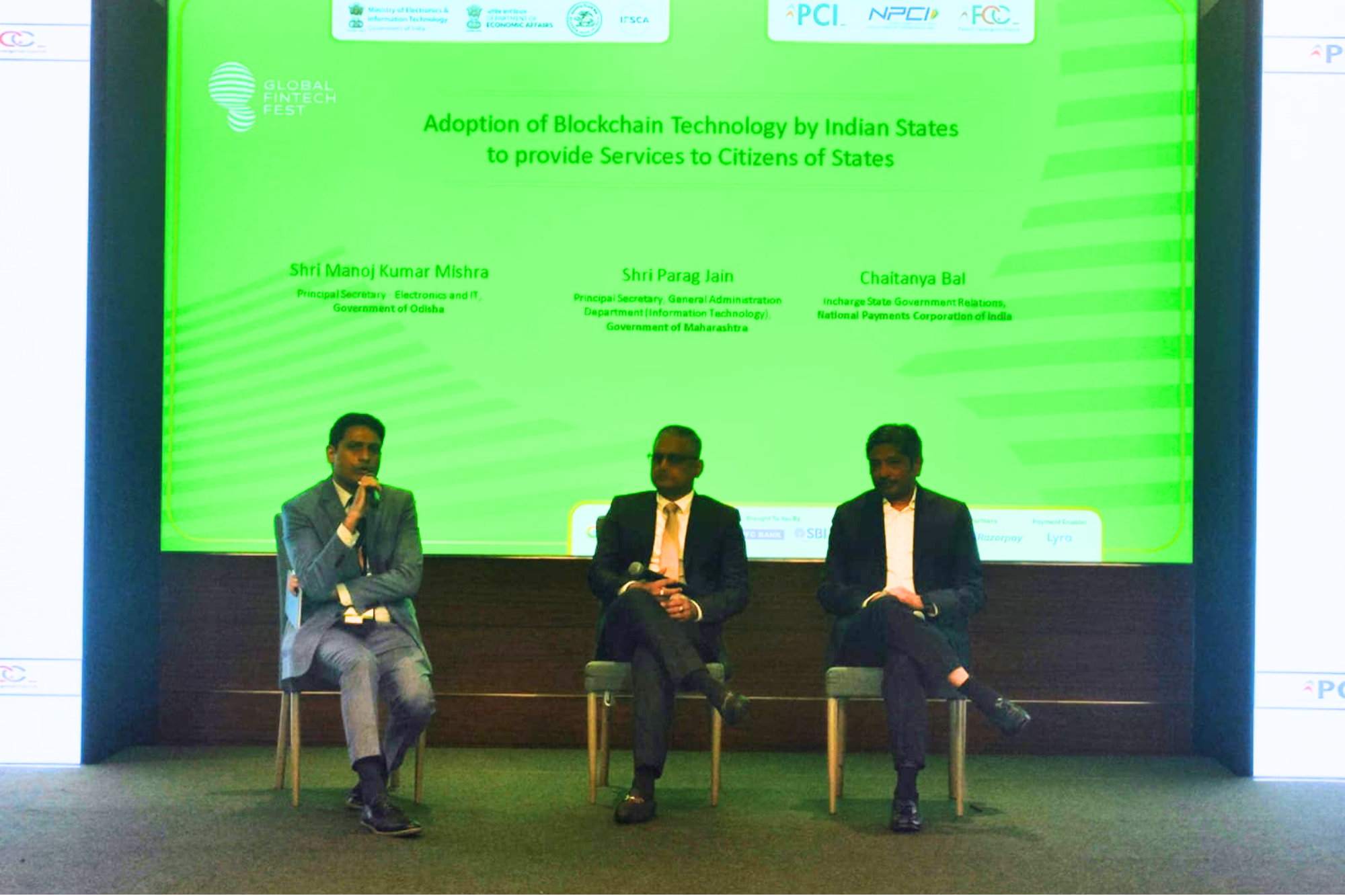Blockchain Adoption among Indian States is the Future While AI and Generative AI have shown their prowess and continue to evolve to improve their offerings, blockchain is not that far. In fact, one can say it's working at an equal level, just not in the spotlight. And Indian state governments are vouching for it. In recent times, Maharashtra, Odisha, Telangana, Karnataka and Tamil Nadu have introduced blockchain-based initiatives.
You're reading Entrepreneur India, an international franchise of Entrepreneur Media.

Technologies such as Artificial Intelligence and Blockchain have become the buzzwords across industries, irrespective of what one offers. While AI and Generative AI have shown their prowess and continue to evolve to improve their offerings, blockchain is not that far.
In fact, one can say it's working at an equal level, just not in the spotlight. And Indian state governments are vouching for it. In recent times, Maharashtra, Odisha, Telangana, Karnataka and Tamil Nadu have introduced blockchain-based initiatives.
Blockchain can be leveraged by the government for land registration, healthcare, e-voting, and e-identities. Talking about moving from paper to paperless, Manoj Kumar Mishra, Principal Secretary - Electronics and IT, Government of Odisha shares "Without technology, you cannot do anything, no scaling up, no faceless, and no way can you deploy at that scale. While we went digital over the last 4-5 years, we accelerated in a manner. And I must say that most of the state governments and the central government have been able to adapt to technology and create data. The challenge is that how do you keep this data and maintain the sanctity."
The government is now looking towards blockchain because they no longer have an interest in holding onto data with the threats of hacking and selling looming above the head. With All India Institute of Medical Sciences (AIIMS), Delhi being hit by a ransomware attack late last year, the attack left the government hospital's computer-run services paralyzed for 15 days. All the procedures and routine checkups were recorded and carried out manually.
"Every state government is looking at technology which will ensure that the data of the citizens are sufficiently protected," Mishra adds.
Maharashtra has stood out among fellow states when it comes to the active adoption of blockchain. For instance, the state government announced the use of NFTs to store health data, issuance of caste certificates, issuance of diplomas, and storing property buyer's e-registration data.
"Nobody can deny the usefulness of blockchain as a technology but I think we should not be blind to blockchain technology. That means we should not try to use blockchain technology in every area we come across. So we have to look at this technology where there is a trust deficit, where we want more transparency," shares Parrag Jaiin, Principal Secretary, General Administration Department (Information Technology), Government of Maharashtra.
Blockchain is a great tool for governements to restore trust of the citizens, especially when it comes to privacy of their personal data. At FICCILEADS, Finance Minister Nirmala Sitharaman stated that blockchain adoption is expected to touch 46 per cent by 2026.











